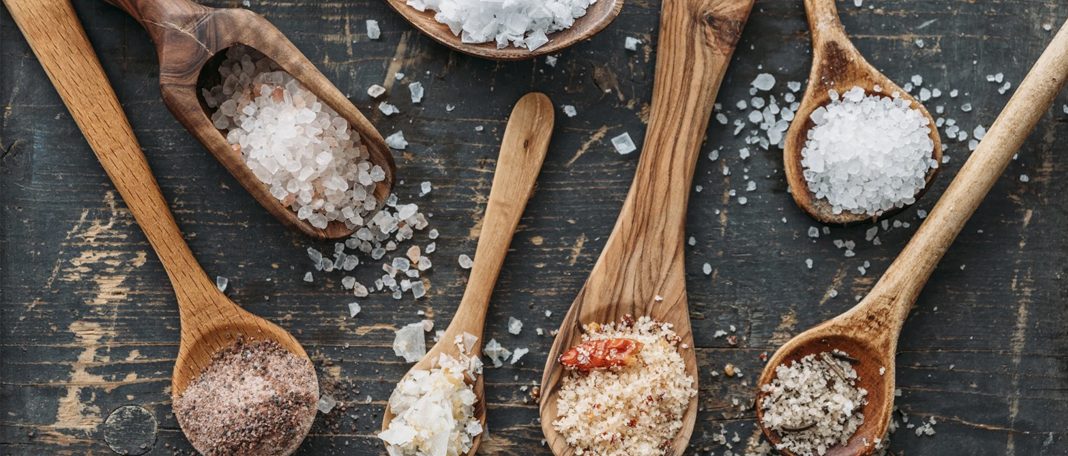Are you consuming too much salt? Find out what exactly sodium chloride AKA salt can do to your body and tasty substitutes that are actually healthy.
How Can Too Much Salt Kill You?
It’s not the salt, it’s the sodium that will kill you. Previous had already cited the following health risks of too much salt in the diet:
Stomach Cancer
Salt contains nitrate. Too much nitrate can weaken your stomach lining. A weakened stomach lining is vulnerable to stomach ulcers and H.pylori infection which can lead to stomach cancer.
High Blood Pressure and Diabetes
Salt needs a lot of fluid to dissolve. Therefore, the cells hold onto water to help the body consume the salt intake. This increases the pressure on the blood vessels and the heart leading to High BP. Blood pressure affects sugar levels and causes diabetes.
Damaged Kidneys
The toxins generated by High BP and diabetes need to be flushed out by the kidneys. Thus, the renal blood vessels get overworked and weakened over the span of several years. Similar to salt deposits in taps and containers holding hard water, the kidneys can also get layered up with salt deposits resulting in kidney stones.
Stroke
High BP is the main culprit behind cardiovascular diseases. Several studies have suggested 62% of stroke victims in developed countries suffered from High BP.
Weak Bones
Salt can deteriorate calcium deposits in the body. Frequent fractures, joint pain, kidney stones, and osteoporosis are indicators of calcium deficiency. A long-term high salt diet can weaken the bones as you age.
Sleepiness
Everybody feels a little lazy after a heavy diet but too much salt will put your brain to sleep literally. Studies have proven that increased salt consumption for 3 consecutive years can impair cognitive skills and cause severe headaches and dementia.
Edema and Obesity
Since cells hold excess fluids to dissolve the salt consumed, water retention will lead to swelling across different body parts. Though salts don’t induce obesity, they can trigger your taste buds into consuming excess food at inappropriate intervals.
What Does the Study Say?
Bruce Neal, a clinical epidemiologist from the George Institute for Global Health in Australia, and his team conducted a study on 20,000 villagers in rural China. The participants from 600 villages above the age of 65 had a history of cardiovascular diseases like stroke and abnormal blood pressure.
The group was divided into two and studied for 5 years. The first group was given salt substitutes that were high in potassium and low in sodium and the other group was asked to use the usual salt they consumed. The group consuming the free salt substitute sparingly was found to be affected less in terms of developing cardiovascular diseases like their forefathers.
During the study, 3000 people experienced a stroke, 5000 developed cardiovascular diseases, and more than 4000 participants died. This was considered normal given the age of the participants.
The only barrier in having the entire world shift to salt substitutes is the way food is prepared. Unlike rural areas, the urban world is dominated by processed foods. Processed foods are tasty because they contain exponential salt levels.
Salt Substitutes
If you ever added a dash of salt every time you were in doubt about the taste of the food you cooked then these salt substitutes available in the market are your saving grace. The study conducted by Neal has shows reducing salt intake can save 460,000 lives per year.Salt substitutes are manufactured to function just like your normal table salt, the only difference is, they are low in sodium. Therefore, you can save yourself from consuming too much salt without sacrificing taste. If not, here are 5 ways to reduce salt intake.

















